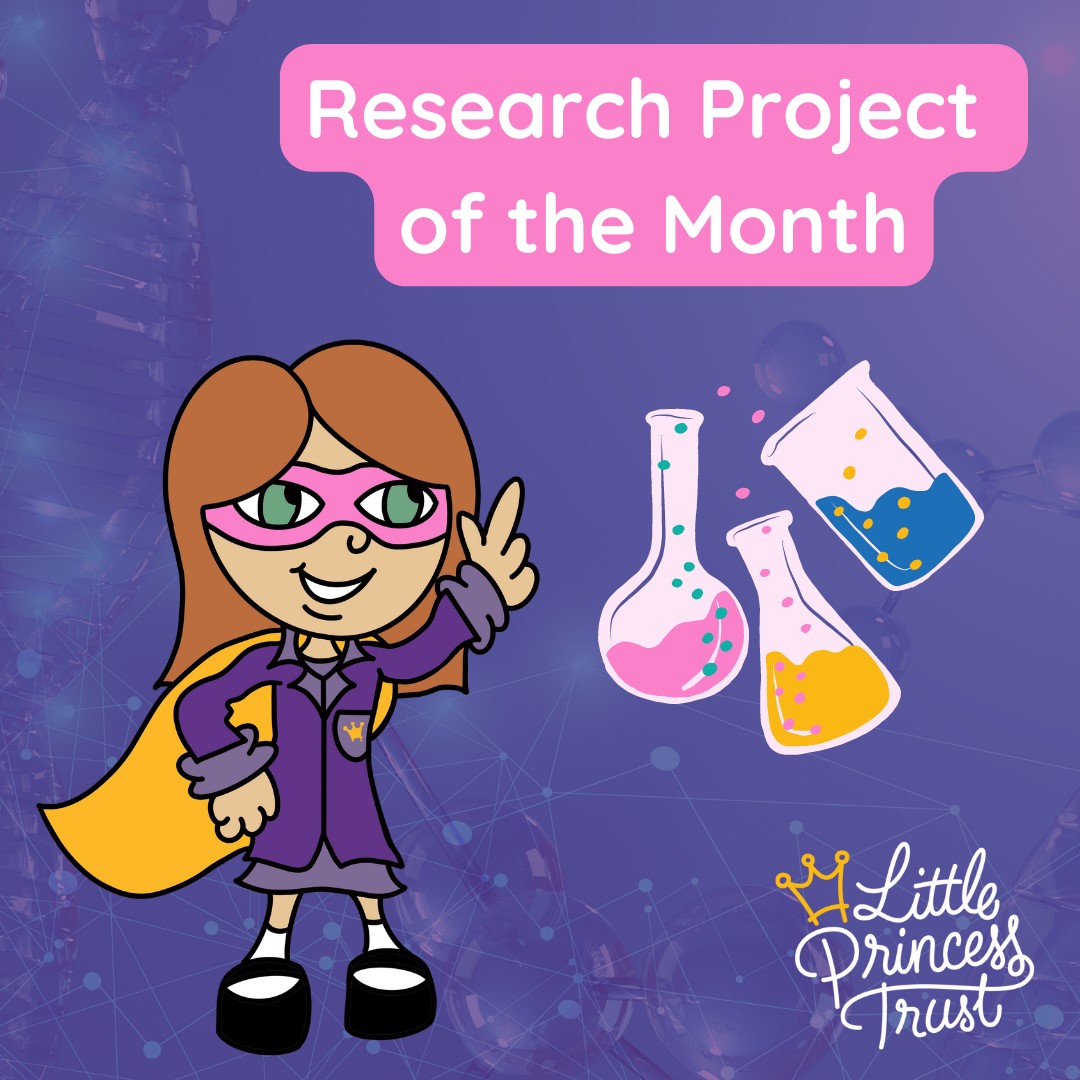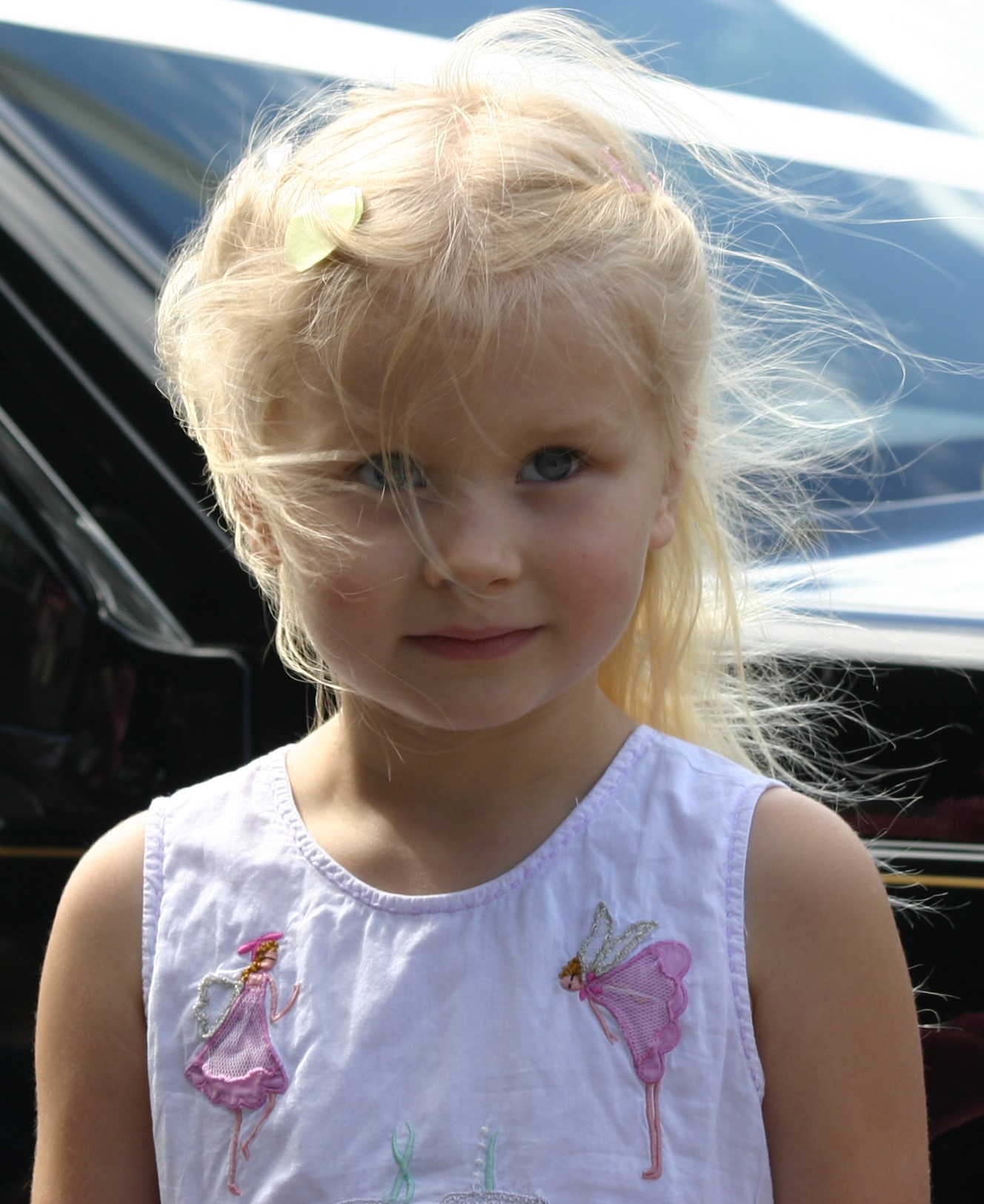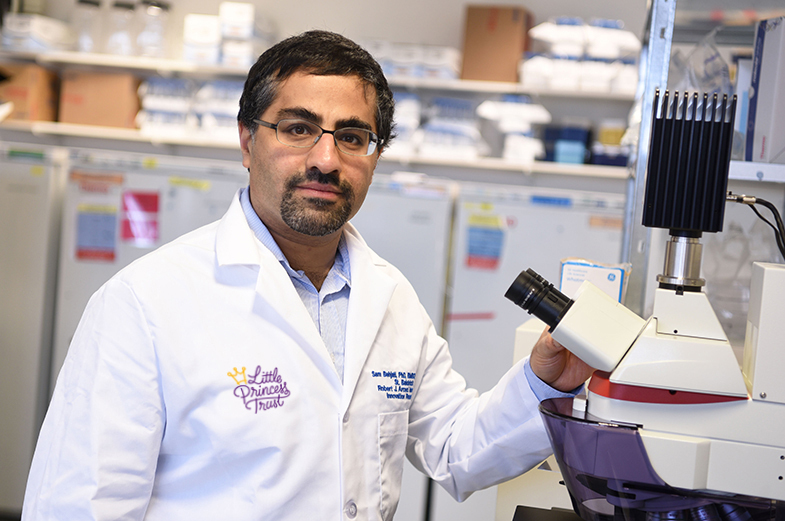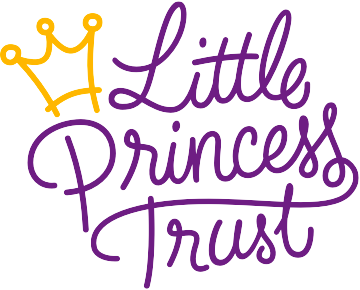Little Princess Trust News
Giving doctors more knowledge to help young patients

Spotlight on tumour bank for Childhood Cancer Awareness Month
The Little Princess Trust was set up in 2005 in memory of Hannah Tarplee, who passed away age five from Wilms tumour, a type of kidney cancer.
After years of providing real hair wigs to children who had lost their hair, we had enough money in 2016 to fund childhood cancer research, while still providing our fantastic free wigs.
We have now funded 127 research projects, which seek to find kinder and more effective treatment options for children and young people with cancer.
This Childhood Cancer Awareness Month, we wanted to tell you about a project that is particularly close to our hearts – The Little Princess Trust Wilms Tumour Knowledge Bank, funded in 2019.
It can be hard for doctors to know what treatments to give children like Hannah with Wilms tumour.

Some patients need really strong treatments, and some might only need surgery to remove the tumour.
The goal of the Knowledge Bank was to compare genetic results from children with Wilms tumour to how their treatment went, in order to find out which genetic errors could be linked to the cancer being harder to treat.
Doctors could then test for that error, and know that a patient needs stronger treatment right from the start – or save children with less aggressive cancer from the difficult treatment regimes.
This project, led by Dr Sam Behjati at the Wellcome Sanger Institute, is due to finish at the end of this year.
So far, his team have analysed the genetics of more than 700 cancer samples. There are more cancer samples on their way to Sam’s lab, coming from Germany and the Netherlands.
The data from these samples will be added to the existing cancer samples to help answer the main questions from the project:
1. What makes babies with Wilms tumour different from older children, and are there any genes that make babies more likely to develop kidney cancer?
2. Why does Wilms tumour spread to other places in the body, and how can doctors predict which patients will be affected?
3. What genetic errors make Wilms tumour develop, and are they the same in different subtypes of this cancer?
Sam’s analysis has already had some surprising findings for babies with Wilms tumour – that some had genetic changes that actually started before birth.
His team have also found a gene that could make a child more likely to develop Wilms tumour than other people and other genetic errors that cause a lot of damage to a child’s DNA.

Some of these errors, if doctors had known about them at the time, would have changed how those children were monitored to make sure the cancer hadn’t grown back, or even changed the child’s initial treatment plan.
Sam is excited to share the answers his team has found over the next year, as well as making The Little Princess Trust Wilms Tumour Knowledge Bank open to doctors and researchers.
This will help boost research into Wilms tumour, and hopefully have even more of an impact for these young patients.



